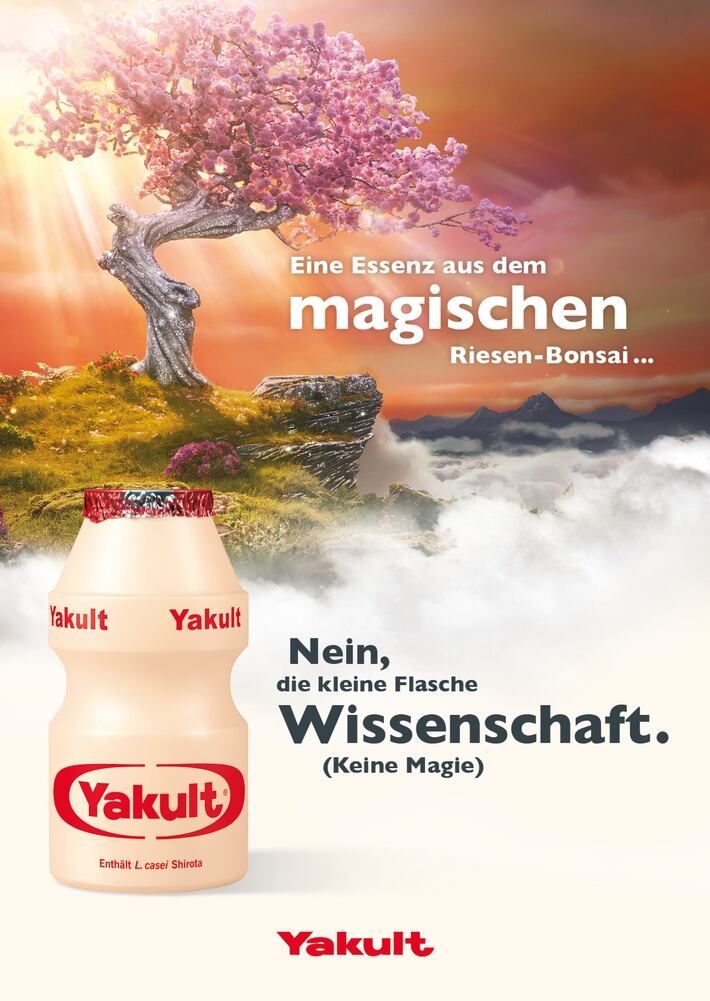Consumers are increasingly concerned about healthy diets. The link between what you eat and how your body performs is now front of mind for many. This can be seen in emerging trends that continue to gain steam, whether it is growing demand for high protein foods to support muscle building or functional foods linked to various other health benefits.
In today’s digital society, consumers are more likely than ever to research what they eat. Diets like paleo, keto, Atkins, South Beach, raw all attract followings, boosted by social influencers who espouse the advantages of each doctrine. Consumers are bombarded with digital dietary advice.
According to Ingredion’s Charlotte Commarmond, senior director of marketing and innovation, this presents the food sector with something of a challenge because it means the sands of consumer opinion are shifting quicker than ever before.
“In the current climate, inconsistent consumer behaviour towards switching trends is being exacerbated by their use of digital technologies – this is especially the case for millennials. They have a desire to know more about what they’re consuming… This rise in online research, in and out of store, is putting products under much greater scrutiny.”
Commarmond believes the answer is increased transparency as well as doubling-down on innovation efforts and bringing these to market at greater speed. “New product development cycles can be long and some may consider it too risky to invest into certain lines without proof that the trend is here for the long term. But the market is changing and with scrupulous shoppers on the hunt to find a way to satisfy their culinary desires, can brands really afford to sit still?”
Certainly, the Goliaths of the food industry – typically complex and often slow to innovate - are working to shorten their innovation pipelines and bring products to market at greater speed.
For example, through its ‘connected 4 growth’ programme Unilever has initiated a structural shift in its innovation machine. By separating its local and global innovation apparatus, the company wants to deliver the dual ambition of being more responsive and agile in its local teams while also rolling out larger game-changing global innovations. According to the company, this strategy is already playing dividends.
Communication is key
Improved transparency requires effective communication.
It all boils down to a matter of trust. Who do consumers trust to provide them with nutritional information? Nutritionists? The food industry? Traditional media sources? More commonly today, the answer is bloggers or social influencers, all of whom have varying credentials and offer advise that is of varying quality.
Consumers are exposed to an ever expanding pool of dietary information in the digital landscape. At one and the same time, many are also dubious about the role science plays in food production and cynical about messages being put out by the industry.
Perhaps the answer is for brands to further leverage the clout of social influencers. From celebs, to mummy bloggers, to ‘micro influencers’, many are willing to endorse a product or lifestyle choice on their Instagram or other social media feeds – for a price.

Nevertheless, it is worth remembering that savvy consumers are also sceptical consumers. As brand messaging makes its way into their social media news flow, it is possible that it will lose its impact and credibility.
Another option could be to embrace the nutritional science behind good dietary choices and communicate it in an authoritative but engaging way. This might sound obvious – but it is not always a well-trodden path.
It was refreshing, then, to see Japanese probiotics group Yakult do just this in its latest marketing campaign in Germany, which the company said is part of its pan-European communications strategy.
With the tagline “science not magic” Yakult firmly embraced its 80-years-plus of scientific research. Contrasting an imagined fairy-tale home of Yakult with the reality of Japanese laboratories and history of scientific endeavour, the campaign, developed by creative agency Quiet Storm, presents Yakult as a “little bottle of science”.
Perhaps this message lends itself more easily to a product like Yakult, but it is an example that could be followed by the food industry more broadly to step up its communication around fact-based nutritional science. Bringing consumers into the conversation by educating them about their dietary decisions could do much to elevate the level of discourse around health and wellbeing.




